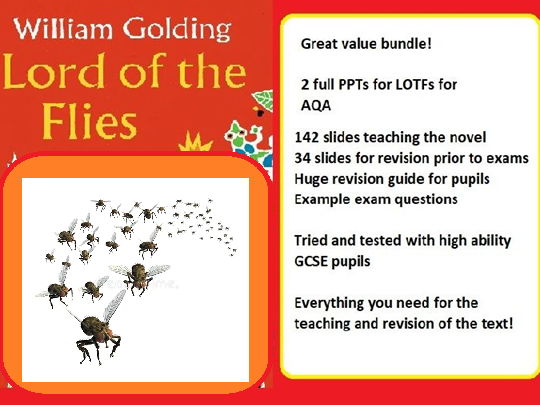Educate Resources - Mrs Wakefield's Shop
About the author: I am currently a teacher of English in a wonderful West Midlands secondary school, having prior experience as a Literacy Lead, Specialist Leader of Education, SLT Lead, AQA examiner and Head of English. I am in my fourteenth year of teaching and as such am keen to share resources I have used successfully, both in my own lessons and across my school / MAT.























